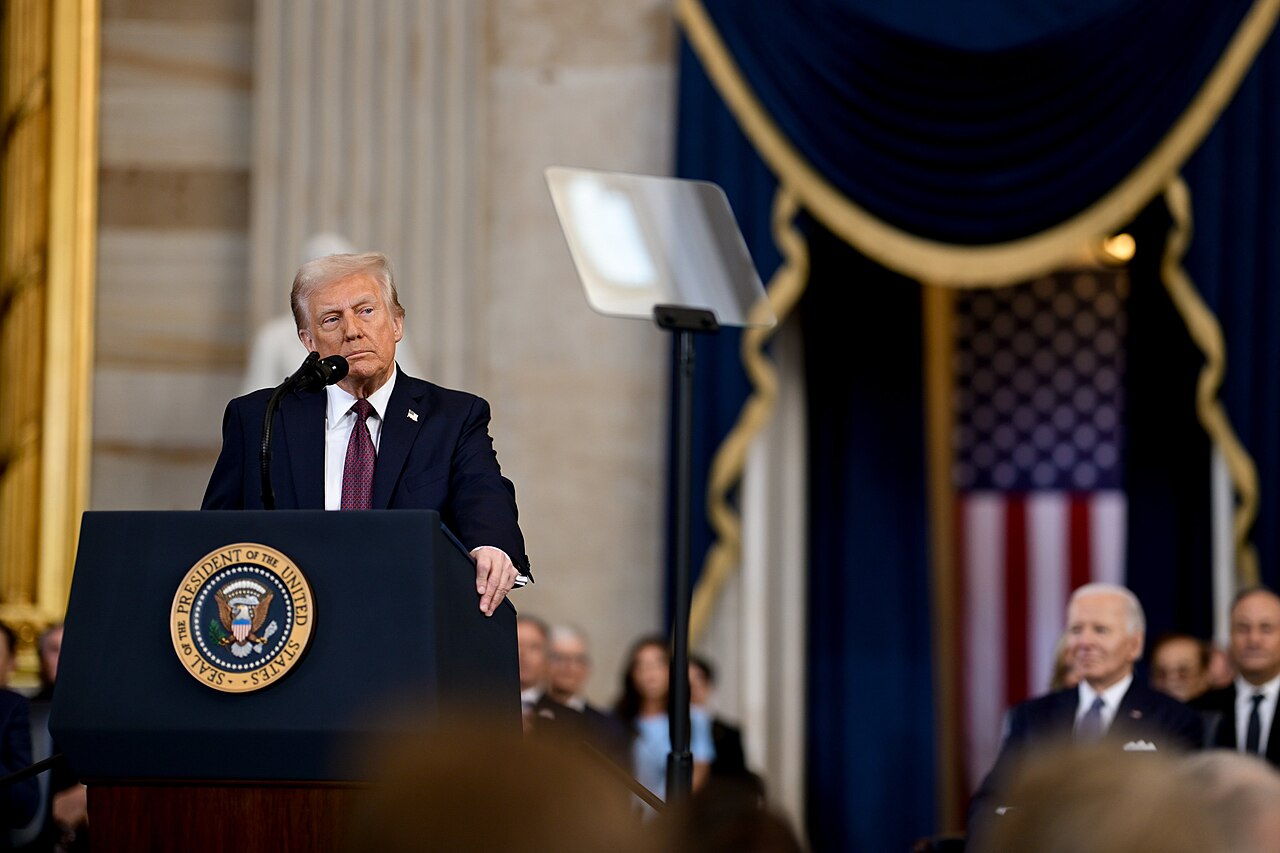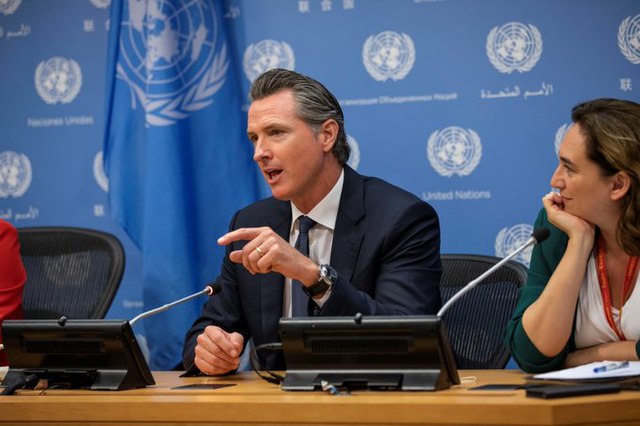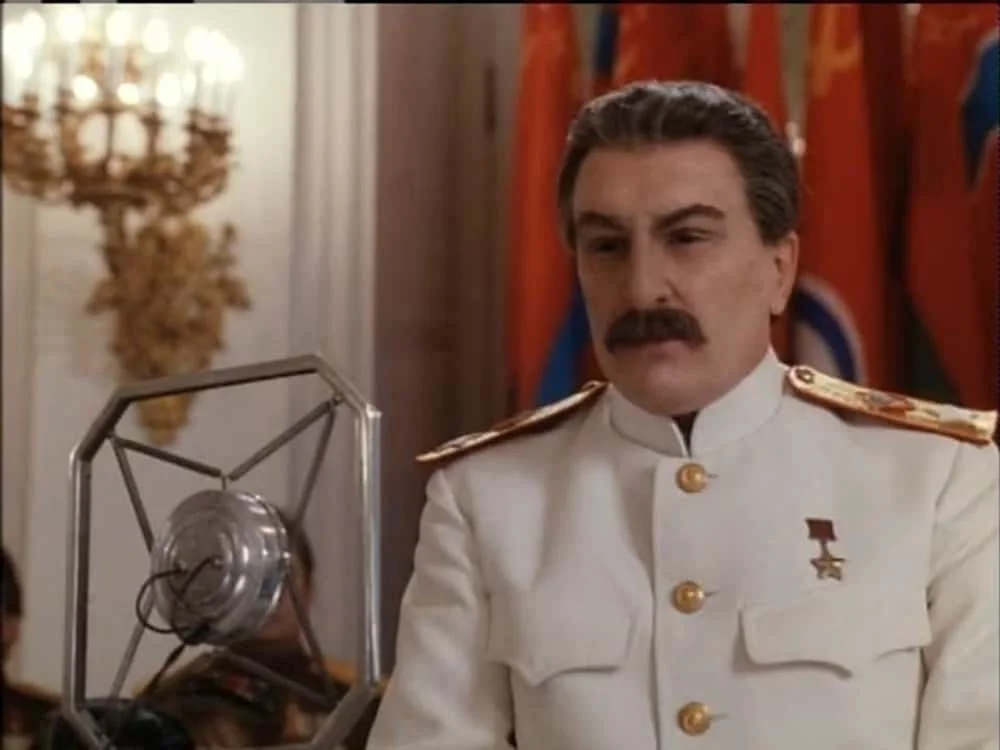.avif)
The Survival of the American Nation
Victor Davis Hanson’s The End of Everything makes clear: it can happen here. But it needn’t.
From 335 BC to 1521, at different points across nearly two millennia, four great civilizations lost a war and then ceased to exist. There’s nothing particularly anomalous about a people going extinct. Throughout history, civilizations have disappeared in a number of ways. Sometimes, the catalyst is natural, an act of God or the gods: earthquakes, tsunamis, volcanic eruptions, plagues, and the like. Sometimes, human aggressors are to blame. The pace of calamity also varies—obliteration can occur quickly or creep over decades or longer. In his latest book, The End of Everything, military historian and classicist Victor Davis Hanson focuses on a narrow class of civilizational catastrophe: the abrupt, wartime annihilation of a people at the hands of a final enemy. He considers a tetrad of representative cases: the leveling of classical Thebes by Alexander the Great, the erasure of Punic Carthage by Scipio Aemilianus, the Ottoman conquest and transformation of Constantinople by Sultan Mehmed II, and the obliteration of the Aztec empire at Tenochtitlán by Hernán Cortés.
With an introductory overview on civilizational decline, four chapters each giving a deep dive narrative into the respective sacking of one of his case studies, and a final epilogue tying it all together, Hanson is in vintage form. In crisp and engrossing prose illuminated by meticulous insight, expertise, and wisdom, he makes the death of entire peoples come alive. But Hanson’s aspiration extends beyond this. Through a post-mortem analysis of each lost civilization, he uncovers why they became so vulnerable to destruction and leverages his findings to warn the modern world—America included: we are not immune from a repeat of these tragedies.
Hanson’s coroner’s report highlights a pattern, which, in sum, can be summarized as follows. First, false hope and naiveté can get you killed. For the doomed, the end of civilization was often unexpected, even up to the eve of their end. For waning empires, this self-delusion was often born of an inability, or unwillingness, to accept—much less address—that their power had ebbed. This led to flawed net assessments regarding their military strength relative to their enemy’s strength and a failure to believe that defeat entailed an existential threat. They both underappreciated the threat they faced and overestimated their ability to defend against it.
Second, and similarly, the doomed vainly relied on the help of friends who never appeared. Time and again, the soon-to-be-vanquished believed that allies, even those who could have been expected to assess the doubtful prospects of a successful intervention correctly, would nevertheless throw “good money after bad” and come to their aid. At other times, they failed to register that even one-time friends might have cause to prefer their demise over their survival. Forgetting the “cruel logic” of advantage and self-interest, the doomed thought themselves more loved than they were.
Taking these together, Hanson concludes that hope, too often, proved itself “danger’s comforter.” Naïveté, blending with hubris into a deadly cocktail, fed on itself, leading a people to retreat into fantasy. The doomed staggered onward in a somnambulistic delirium, fueling that kind of wishful thinking that issues in “the last thoughts of the slaughtered: It cannot happen here.”
Third, quick death is sometimes preceded by disease. Annihilation typically followed internal political, economic, military and cultural weakening. This decline manifested particularly in a loss of character, spirit, and national cohesion and in the rise of internal squabbling and faction. Very often, there was nearly as much strife inside a civilization as there was arrayed against it on the outside.
Fourth and finally, in a hostile world, peace can be dangerous. Channeling the satirist Juvenal, Hanson observes that long periods of peace could be a “luxury crueler than war.” Affluence and leisure lulled, bearing with it a cargo of “comfortable nonchalance and credulousness” that softly tempted at-peace citizens and political leaders to forget “the intent, hatred, ruthlessness, and capability” of their enemies and, therefore, the need to remain vigilant against threats. Ironically, in Roman senatorial debates over whether to launch the final war against Carthage, the senator Scipio Nasica opposed the destruction of the Carthaginians not on humanitarian grounds or even because of the “shame of Rome starting an optional, immoral, and mostly unnecessary war” but because retaining Carthage as an enemy was important for Rome. The Punic capital, Nasica implored, “provided a constant warning to Rome to remain armed” and for its youth to prepare for military service. This sentiment echoed the Roman anxiety that prolonged peace could be enervating.
With this historical pattern in hand, Hanson moves to his prophetic concerns. He maps contemporary vulnerabilities directly atop the old typology: the “old mentalities and delusions that doomed the Thebans, the Carthaginians, the Byzantines, and the Aztecs are still very much with us.” In conclusion, Hanson surveys present-day at-risk nations, catalogues nearly a dozen existential threats made against them by regimes proclaiming their desire to destroy and wipe them out, and stresses that nations that want to live must remain attentive to the nature of their enemies, their enemies’ stated intent, the reality of the neighborhood in which they reside, their own size and military capabilities, and a number of other critical factors. While seemingly self-evident, Hanson knows this is not always an easy sale. “The gullibility, and indeed ignorance of contemporary leaders,” he laments, “about the intent, hatred, ruthlessness, and capability of their enemies” continues to endanger nations that will not accept reality.
In discussing the book, Hanson insists that Americans must take these lessons seriously. Hanson worries that a people that has not faced significant national defeat or who are accustomed to a position of cultural, political, and military superiority historically risk believing that they are invulnerable forever. History derides this confidence. For one thing, such nations are often unaware of insidious decline. Hanson reminds us that the Thebes Alexander destroyed was not the Thebes of old. External appearances were deceiving—their protective walls looked as stout as they ever were—but the Thebans themselves were not the same people, and they forget to remember that walls and past glory alone would not keep them safe.
Hanson urges America to examine itself dispassionately and recognize that it already possesses many of the characteristics of decline: unrestrained and unsustainable debt, the continuing failure of our military to achieve recruiting goals, the border catastrophe that allowed millions of people to walk across without audit, and the loss of confidence in the “melting pot” and, of greatest concern, our general regression into tribalism and faction.
Moreover, just as Scipio Nasica warned, American comfort has fooled us into allowing our conception of normal life to become inverted. We act as if the freedoms and the ease with which we enjoy them is the norm, oblivious that for much of the rest of the world, the lust to dominate others, subjugation, and suffering are the real norm. Avoiding the foolishness of the doomed nations surveyed here, we must not believe that our peace and prosperity are permanent. Two great oceans—so much like Theban walls—are not enough to protect us. Our adversaries’ ambition, coupled with modern technology—whether nuclear, digital, or pathogenic—assure us of that. Worse, our factionalism has metastasized to a degree of self-contempt in many Americans that they question whether America is worth defending in the first place.
Considering this, Hanson’s final caution should be received as a mandate. Decline, “the gradual deflation of a state’s viability” he reminds us, does not ensure extinction. Even amid a downhill turn, there is still time to make a course correction. Left of boom, we can still address economic, political, and social fissures that will otherwise widen under wartime pressures. We still have time to remind ourselves that we really do not know the boundaries of or the limitations to what may follow from a dispute in Ukraine, or a standoff over Taiwan, or strikes on nuclear facilities in Iran. We have time to remember that we are in a world of war and to put ourselves on a proper war footing.
It can be done. Despite facing such potentially existential challenges, we can still decide to rebuild a military capable of projecting unparalleled power, the political will to make believable to our adversaries that we are willing to use that power, and to gather to ourselves the company of ready nations willing to stand with us and supplement that power. If we do so, we may just be able to avoid the kinds of Melian Dilemmas faced by the Thebans, Carthaginians, Byzantines, and the Aztecs. We may be able to deter those who mean us harm, or, if we cannot, to make them very sorry they were not deterred. Decline may be inevitable, but it does not have to happen on our watch.
Hanson’s The End of Everything makes clear: it can happen here. But it needn’t.
Marc LiVecche is the McDonald Distinction Scholar on War, Ethics, and Public Life at Providence: A Journal of Christianity & American Foreign Policy and adjunct professor of ethics at the US Naval Academy. He is the author of The Good Kill: Just War and Moral Injury.
Politics

National Civitas Institute Poll: Americans are Anxious and Frustrated, Creating a Challenging Environment for Leaders
The poll reveals a deeply pessimistic American electorate, with a majority convinced the nation is on the wrong track.
.webp)
Liberal Democracy Reexamined: Leo Strauss on Alexis de Tocqueville
This article explores Leo Strauss’s thoughts on Alexis de Tocqueville in his 1954 “Natural Right” course transcript.
%20(1).avif)
Long Distance Migration as a Two-Step Sorting Process: The Resettlement of Californians in Texas
Here we press the question of whether the well-documented stream of migrants relocating from California to Texas has been sufficient to alter the political complexion of the destination state.
%20(3).avif)
Who's That Knocking? A Study of the Strategic Choices Facing Large-Scale Grassroots Canvassing Efforts
Although there is a consensus that personalized forms of campaign outreach are more likely to be effective at either mobilizing or even persuading voters, there remains uncertainty about how campaigns should implement get-out-the-vote (GOTV) programs, especially at a truly expansive scale.

There's a Perception Gap With the U.S. Economy
As we approach another election cycle, it’s worth asking: what’s real, what’s political theater, and what does it all mean if Democrats regain control of the House?

International Law Is Holding Democracies Back
The United States should use this moment to argue for a different approach to the rules of war.

Trump purged America’s Leftist toxins. Now hubris will be his downfall
From ending DEI madness and net zero to securing the border, he’ll leave the US stronger. But his excesses are inciting a Left-wing backlash

California’s wealth tax tests the limits of progressive politics
Until the country finds a way to convince the average American that extreme wealth does not come at their expense, both the oligarchs and the heavily Democratic professional classes risk experiencing serious tax raids unseen for decades.

When Duvall Played Stalin
It’s strange to compliment an actor for impersonating a tyrant, but it is an act of courage.

When Vanity Leads to Impropriety
A president should simply not be allowed to name anything after himself without checks from Congress or an independent commission.











